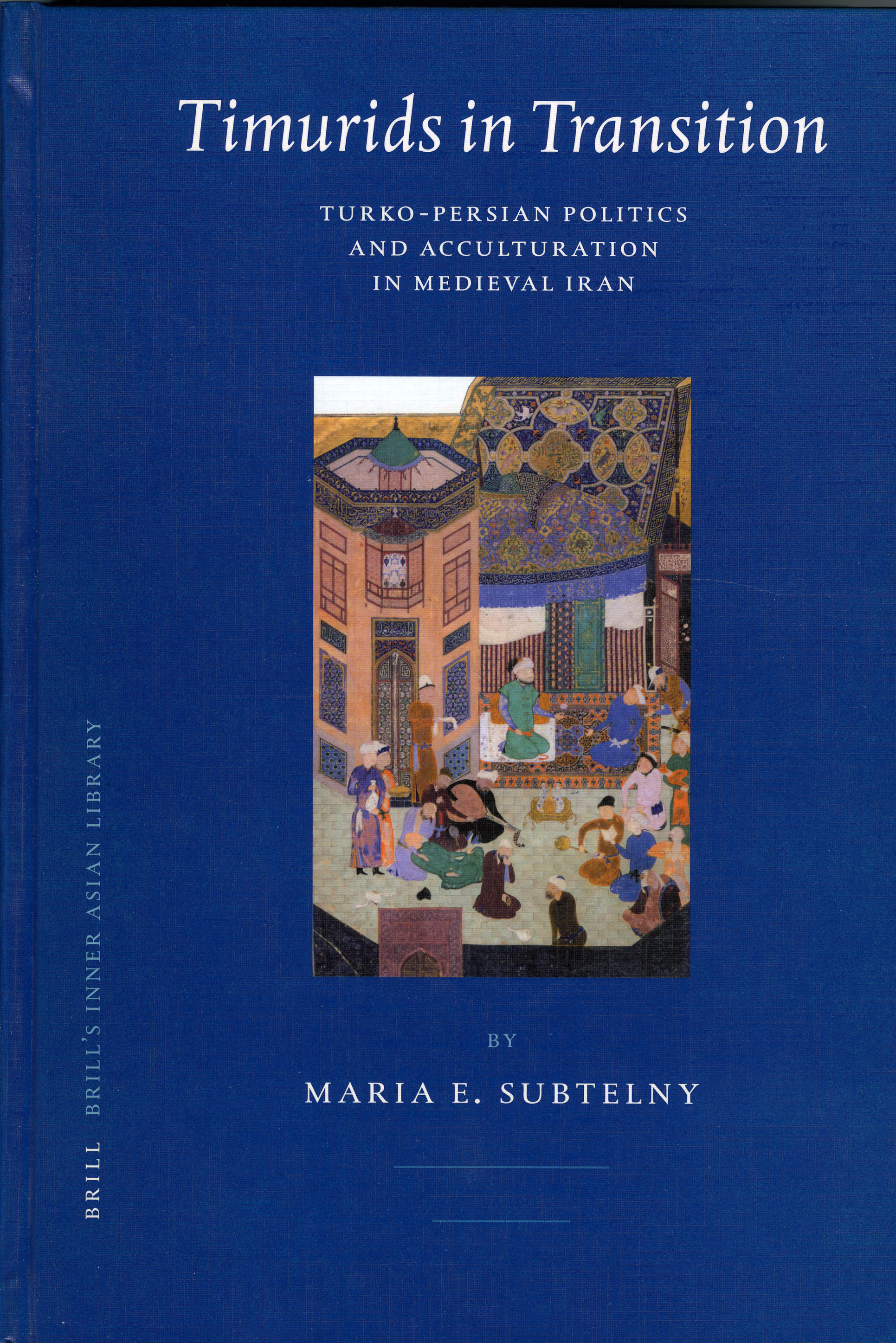How did the descendants of Tamerlane, collectively known as the Timurids, make the transition from a nomadic empire to a sedentary polity based on the Perso-Islamic model, and what effect did the process of transition have on their Turko-Mongolian customs and identity? This volume seeks to answer these questions by utilizing the Weberian concepts of the “routinization” of charismatic authority and the patrimonial household state. Focusing on the period of the last Timurid ruler, Sulṭān-Ḥusain Bayqara (1469–1506), the author examines the impact of the introduction of Persian modes of bureaucratic administration on the evolution of Timurid government and describes the development of the agrarian economy of the eastern Iranian province of Khorasan through the Islamic institution of the pious endowment. Based on an exceptionally broad range of sources in Persian, Arabic, and Turkic languages, the book provides a new paradigm for understanding the Timurids within the framework of post Mongol history and offers fresh insights into Turko-Persian relations and the problem of acculturation in medieval Iran.
Publication Type
- Book



